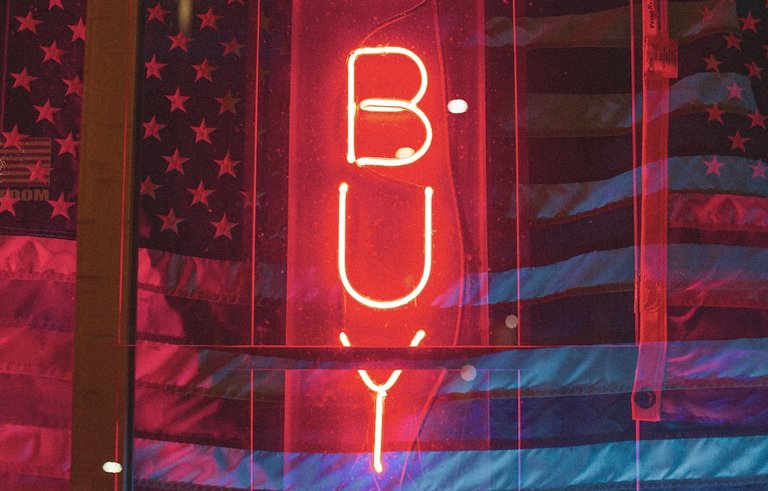Cultural appropriation in popular culture involves taking elements from subcultures and repackaging them for mainstream consumption.

Photo: Andrew Ling
Capitalism, the dominant economic system of the modern world, relies heavily on the ability to constantly innovate and expand to generate profits. One way that capitalism accomplishes this is through the use of popular culture. Popular culture, which encompasses everything from music and film to fashion and advertising, is a powerful tool that capitalist institutions use to absorb new ideas and concepts, repackaging them and selling them back to the masses.
At its core, capitalism is a system of production and consumption. Businesses must constantly create new products and services to remain competitive and profitable, while consumers must constantly buy these products and services to satisfy their needs and desires. Popular culture plays a key role in this process, as it serves as a way for businesses to introduce new ideas and concepts to consumers in a way that is entertaining and engaging.
One of the ways that capitalism uses popular culture is through the process of cultural appropriation. Cultural appropriation in its basic form can be defined as a practice of taking elements from one culture and using them in another culture without proper respect or even acknowledgement. In the context of popular culture, this often involves taking elements from subcultures and repackaging them for mainstream consumption. For example, hip-hop music, which originated in African American and Latino communities in the 1970s, has been appropriated by mainstream culture and is now a multibillion-dollar industry.
Another way that capitalism uses popular culture is through the process of branding. Branding is the practice of creating a distinct identity or image for a product or service to differentiate it from competitors. In the context of popular culture, this often involves using celebrities or popular trends to promote products and services. For example, a clothing brand may use a popular musician or actor to endorse their products, appeal to the musician or actor's fans and create a sense of coolness or exclusivity around the brand.
Capitalism also uses popular culture to create new markets and expand existing ones. One way that this is done is through the creation of new subcultures. Subcultures are groups of people who share a distinct set of values, beliefs, and practices that differ from those of mainstream culture. In the context of popular culture, subcultures often emerge around niche interests, such as skateboarding, anime, or cosplay. Businesses can then target these subcultures with products and services that appeal to their specific interests and needs, creating new markets and expanding existing ones.
Finally, capitalism uses popular culture to create a sense of identity and community around brands and products. This is often done through the creation of fan communities, which are groups of people who share a common interest in a particular brand, product, or piece of popular culture. These fan communities can be incredibly powerful, as they create a sense of belonging and connection among consumers, and can even influence the direction of a brand or product through their feedback and engagement.
In summary, the utilization of popular culture by the capitalist economic structure can be viewed as both a form of exploitation and a celebration of the power of popular culture as a tool for innovation and creativity. It is essential for consumers to be aware of these processes and to critically evaluate the products and services that they consume. However, we can also appreciate how popular culture can bring people together, create new communities, and inspire new ideas and concepts. Ultimately, it is up to us as consumers to make informed choices about the products and services we support, and to use our power to shape the direction of popular culture in a positive way.
There is reasonable evidence that this article is machine-generated. Posting such content is considered fraud.
Fraud is discouraged by the community and may result in the account being Blacklisted.
Guide: Why and How People Abuse and Defraud
If you believe this comment is in error, please contact us in #appeals in Discord.